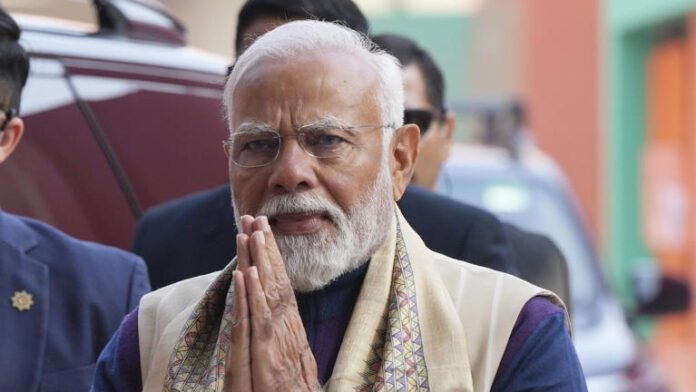The Delhi High Court has emphasized that conspiring against the Prime Minister of India constitutes a grave offence, tantamount to treason. The court’s pronouncement comes in the wake of heightened political tensions and growing concerns over national security, underscoring the need for stringent measures to safeguard the integrity of democratic institutions and protect the country’s leadership from threats, both internal and external. The ruling carries significant implications for the legal framework governing acts of sedition and conspiracy, raising questions about the balance between freedom of expression and national security.
The Delhi High Court’s assertion that conspiring against the Prime Minister constitutes treason reaffirms the gravity of the offence and underscores the importance of upholding the rule of law in a democratic society. The Prime Minister, as the head of government and the highest executive authority in the country, plays a pivotal role in shaping national policies, safeguarding national interests, and upholding the constitutional values enshrined in India’s democratic framework. Any attempt to subvert or undermine the authority of the Prime Minister poses a direct threat to the stability and security of the nation, warranting robust legal measures to deter such acts.
The court’s ruling is rooted in the constitutional principle of sovereignty and the duty of citizens to uphold the integrity of the nation and respect the authority of elected leaders. By deeming conspiracy against the Prime Minister as tantamount to treason, the court seeks to send a strong message that any attempt to destabilize or undermine the government’s authority will be met with severe legal consequences. This serves as a deterrent to individuals or groups seeking to disrupt the democratic process and sow seeds of discord within society.
However, the ruling also raises important questions about the scope and interpretation of laws pertaining to sedition and conspiracy in India. While the Constitution provides for the protection of freedom of speech and expression as a fundamental right, it also imposes reasonable restrictions in the interest of sovereignty, security, and public order. The delineation between legitimate dissent and seditious activities, therefore, requires careful consideration and judicial scrutiny to ensure that the rights of citizens are not unduly curtailed in the name of national security.
Critics of the court’s ruling argue that labeling conspiracy against the Prime Minister as treason could have a chilling effect on free speech and dissent, stifling democratic debate and dissenting voices. They warn against the potential misuse of such laws to target political opponents, journalists, activists, and dissenters, thereby undermining the democratic fabric of the country. Moreover, they advocate for a more nuanced approach to addressing threats to national security that balances the imperative of safeguarding democratic values with the need to protect the country’s interests.
Proponents of the court’s ruling, however, argue that conspiring against the Prime Minister poses a serious threat to national security and warrants stringent legal measures to deter such acts. They contend that while freedom of expression is a fundamental right, it must be exercised responsibly and within the bounds of the law. Any attempt to incite violence, subvert the constitutional order, or undermine the authority of elected leaders cannot be tolerated in a democratic society and must be met with the full force of the law.
The ruling by the Delhi High Court underscores the imperative of upholding the rule of law and protecting the nation’s democratic institutions from internal threats. Conspiracy against the Prime Minister, as deemed by the court, constitutes a serious offence that undermines the sovereignty and security of the nation, warranting stringent legal measures to prevent and punish such acts. However, the application of laws pertaining to sedition and conspiracy must be balanced with the constitutional guarantees of freedom of speech and expression, ensuring that legitimate dissent and democratic debate are not stifled in the process. As India navigates the delicate balance between national security and individual rights, the courts play a crucial role in upholding the principles of justice, fairness, and democracy.

